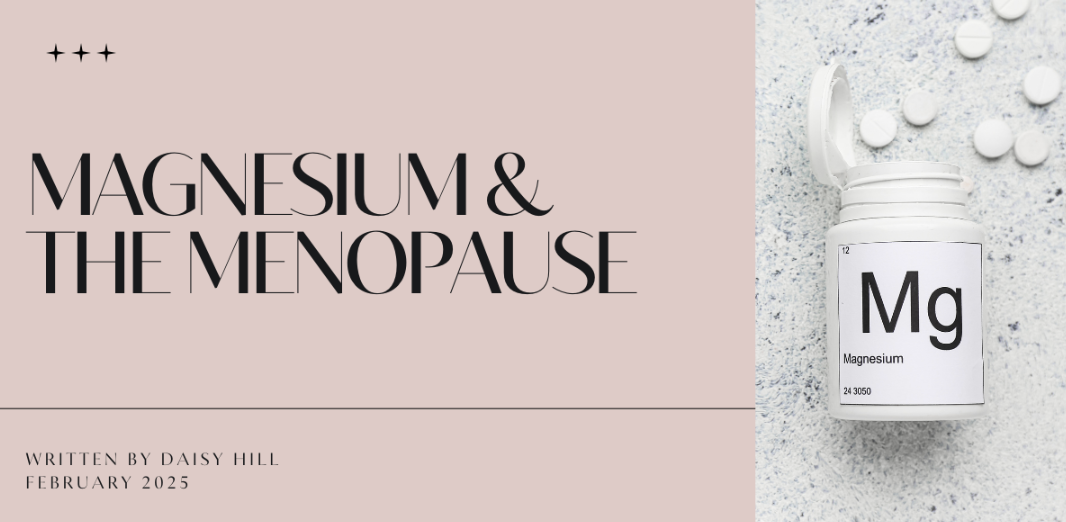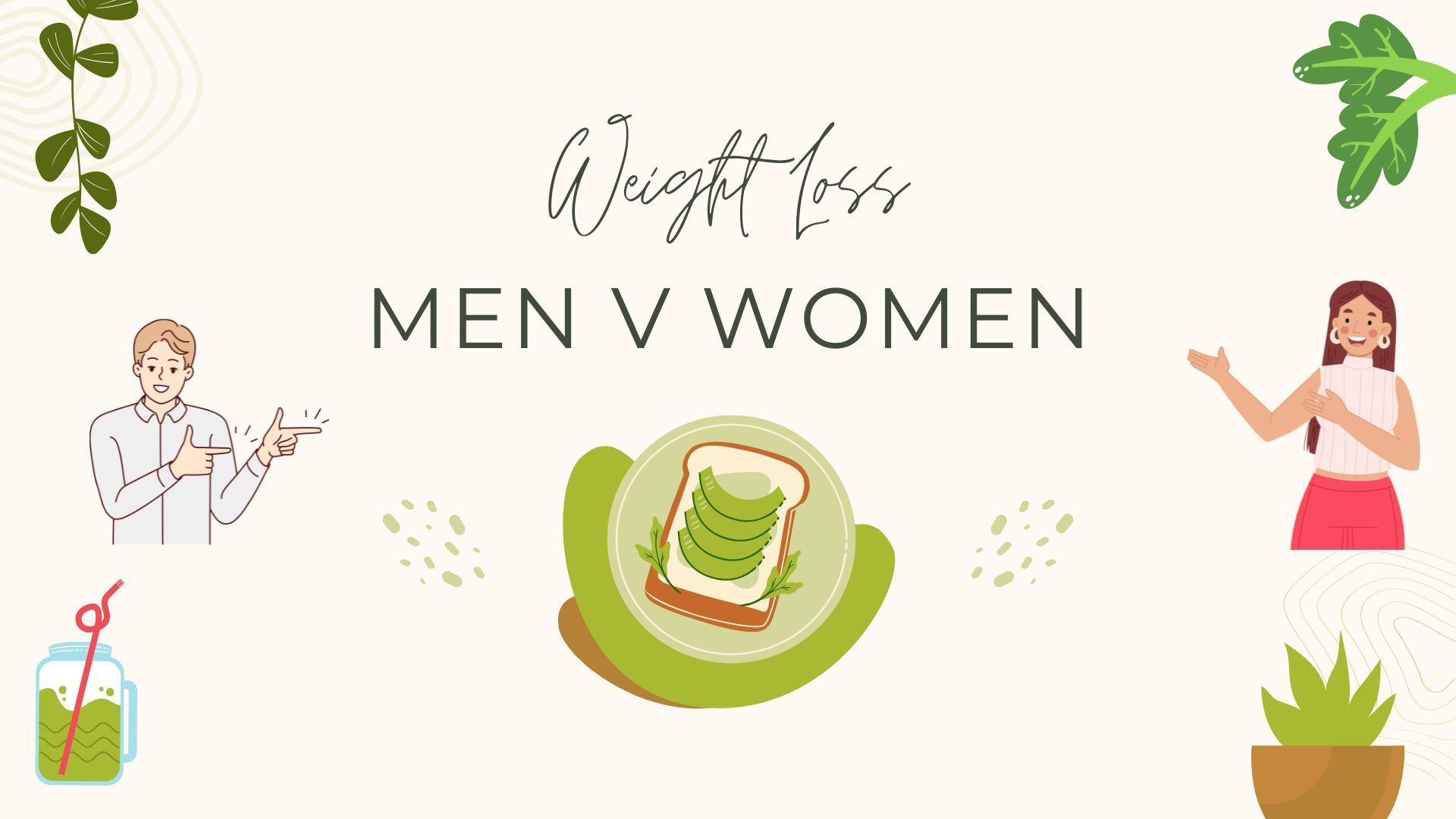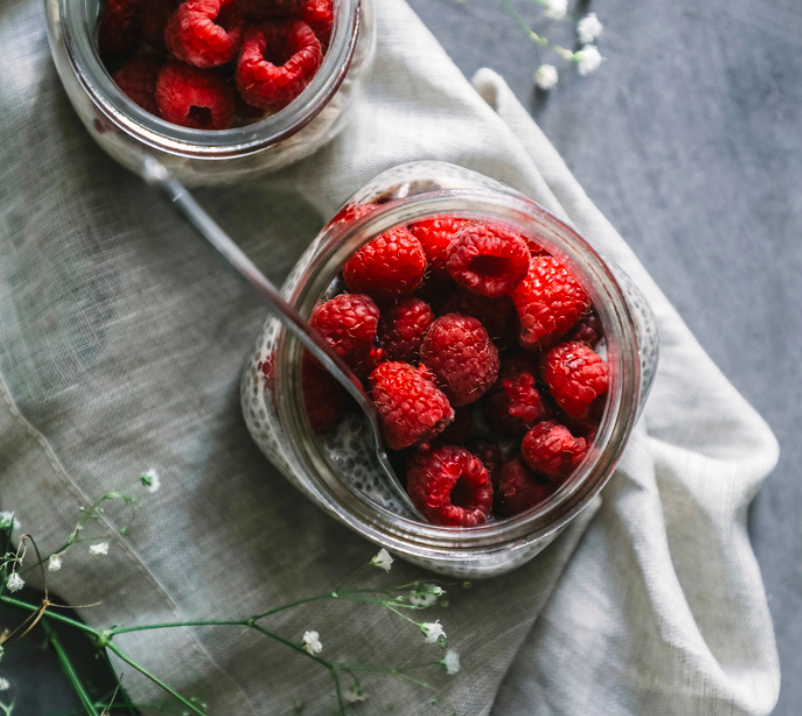Demystifying Detoxification
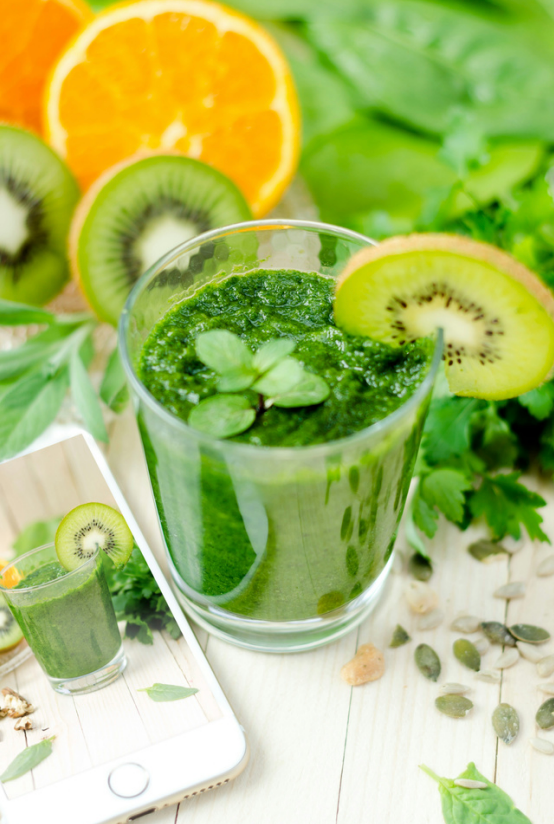
Demystifying Detoxification
In the 21st century, more than at any other time in history, you are bombarded with toxins. In addition to environmental pollution, there are many toxins in the food you eat: including pesticides and even hormones in intensively farmed meats. Your body is dealing with substances for which it wasn’t designed. Add to that, your body also generates toxic waste through normal processes like digesting food and creating energy.
Although detox is a normal process your body does day in, day out, your system can easily become overburdened, and the detoxification machinery cannot always keep up with demand. Anything that cannot be eliminated and excreted is locked up safely in the fat stores. Think toxic dump!
If you find you have allergies or food intolerances, frequent headaches, sensitivity to chemicals and environmental pollutants, chronic digestive problems, muscle aches and inflammatory conditions, it’s possible that you have exceeded your body’s capacity to detoxify.
How it affects your hormones
Some hormone imbalances are linked to there being too much of one hormone in relation to others. There are various reasons this might happen, and one of those is linked to impaired detoxification pathways – the excess cannot leave the body. Endometriosis and fibroids are, to begin with, linked to too much oestrogen or ‘oestrogen dominance’.
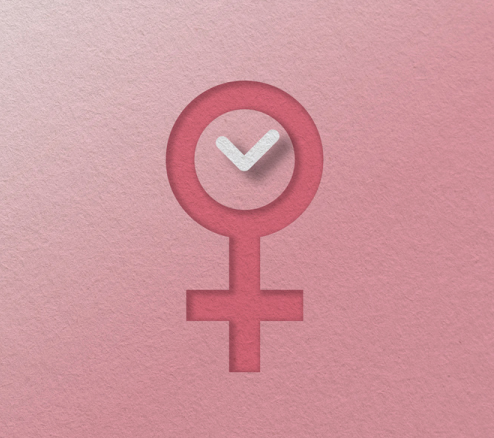

How to Support your detoxification
WHAT TO EAT ?
- Eat a portion of cruciferous veg every day to support phase 1 of detoxification in your liver
- Eat a rainbow - having an array of colourful fruits and vegetables in our diet every day means we get lots of antioxidants and nutrients to help support.
- Prioritise protein - we need certain amino acids (protein building blocks) for phase 2 of detoxification in our liver
- Cut out alcohol and processed foods which add to our toxic burden
- Drink plenty of fluids to stay hydrated - a good way to judge this is by keeping
- your urine a pale straw colour
- Eat lots of fibre to help regular, daily bowel movements
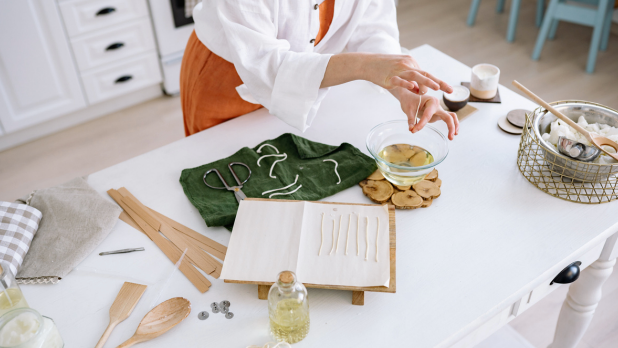
STOP ADDING TO YOUR TOXI C LOAD
- Buy organic where you can
- Drink filtered water
- Don’t use plastic tupperware or drinking bottles
- Exercise daily for at least 15 minutes
- Move regularly throughout the day
- Use a sauna
- Prioritise sleep - aim for at least 7 hours
- Consider the chemicals in your cosmetics and
cleaning products

CHEMICAL TO AVOID
- Parabens
- Phthalates
- Sodium lauryl/ laureth sulphate
- Fragrance (these will usually be synthetic)
- Triclosan
- BPA
- Benzenes
(check out Campaign for Safe Cosmetics to find out more)




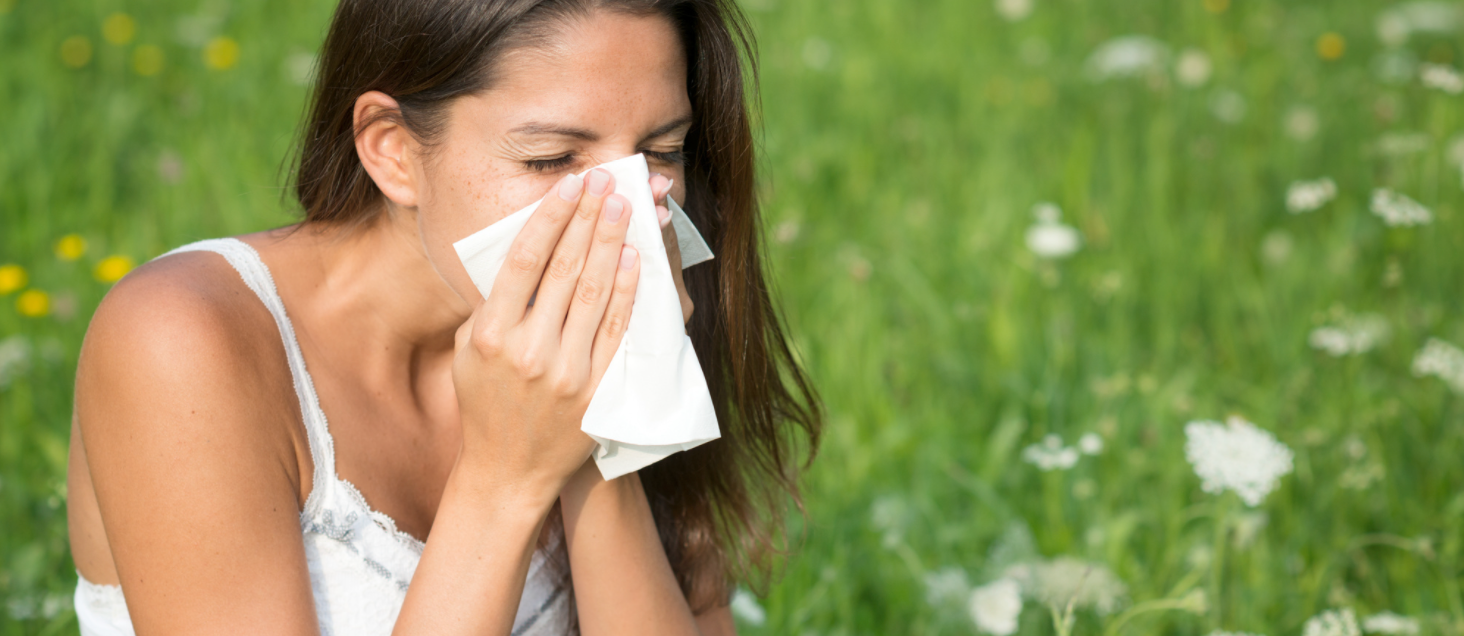
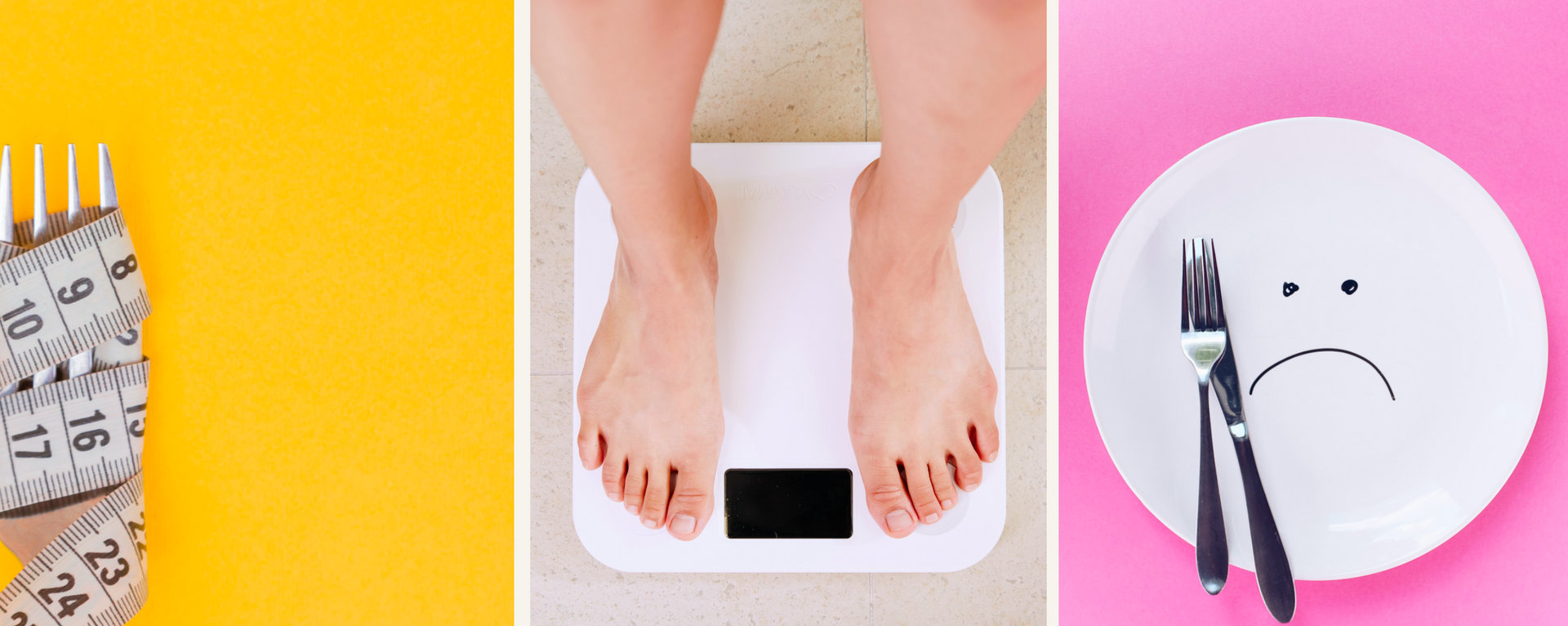

Useful Links
Useful Links
All Rights Reserved | The Oxford Clinic for Nutrition

